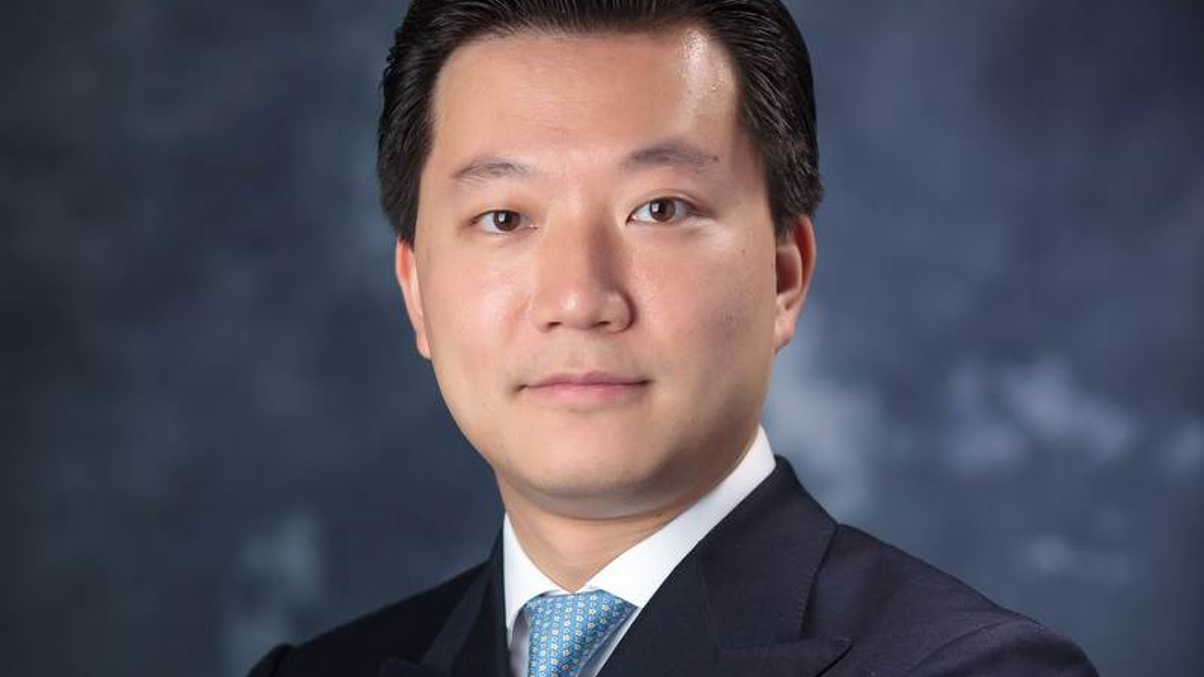Vanguard faces direct-sales challenge in China
The US fund giant will continue using its direct online sales model, whereby it does not pay fees to distributors. Given banks' dominance as fund channels in China, this could present an obstacle.

US-based Vanguard, the world’s second biggest fund house, will use its direct no-fee online-sales model in China to bypass domestic banks and brokers – but some argue this approach could restrict its success.
Sign in to read on!
Registered users get 2 free articles in 30 days.
Subscribers have full unlimited access to AsianInvestor
Not signed up? New users get 2 free articles per month, plus a 7-day unlimited free trial.
¬ Haymarket Media Limited. All rights reserved.


